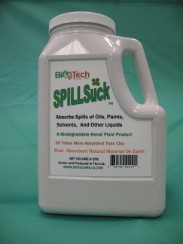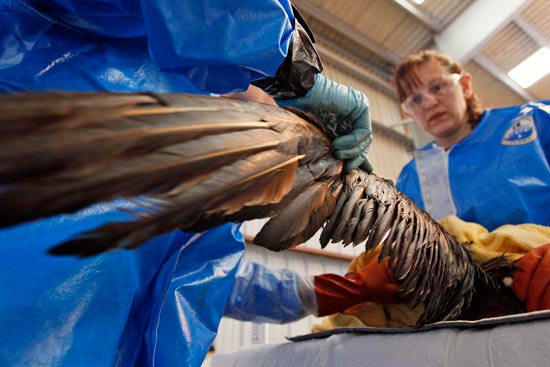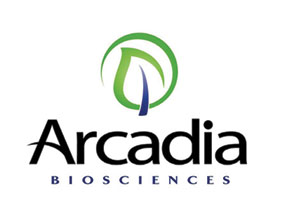Sustainable Innovations
Many Biotech companies develop products that help humans and the environment.
BASF develops innovations that use bio-resources in a sustainable manner and produce as little waste and pollution as possible. Here are some of their innovations: |
- BASF is a leader in increasing crop yields by decreasing disease. BASF's new fungicide, Xemium, protects crops from fungal pathogens, and works better than other fungicides because it circulates throughout the entire plant. It prevents diseases in crops, allowing more successful methods of agriculture and less land wasted for inedible, wasted crops. It is sold in the U.S. as Merivon™ fungicide, Priaxor™ fungicide and Systiva™ fungicide. (14)
- Neopor is a material used in housing insulation that is 20% more effective than traditional materials. It reduces the amount of heating oil needed.
- Plastic material on automotives provides a lighter material that improves fuel efficiency in transportation. In fact, 100 kg of plastic that replace heavy metal can reduce fuel consumption by 0.4 liters for every 100 Km driven.
- BASF uses combined heat and power (CHP) plants that produces massive amounts of energy with 90% fuel consumption. These plants reduce carbon dioxide by 500,000 metric tons per year. (15)
Arcadia Biosciences is a biotech company that uses genetic modification of plants to increase agricultural productivity, therefore benefitting the environment and communities who depend on agriculture for food.
|
Biotech Mills, Inc. is a company dedicated to developing oil fluids that are more eco-friendly, and products that help clean up massive oil spills.
 |  Biotech Mills, Inc. develops products that help clean up oil off of animals like pelicans. Their products are being used to save birds like pelicans in the Gulf Oil Spill. |
Monsanto is a biotechnology company whose mission is to improve lives through innovative ways of sustainable agriculture. They produce products that increase crop production and find new ways of efficient agriculture. Agricultural farmland must efficiently produce as many crops as possible in order to conserve land, thus conserving biodiversity. Monsanto is a leader in this practice.
|
Back to Biodiversity VS Monoculture | What is In-Situ Conservation? |



